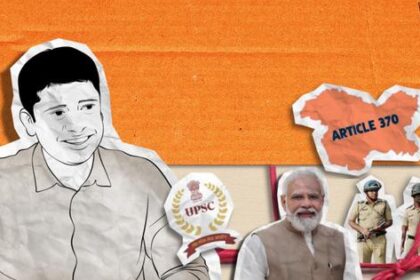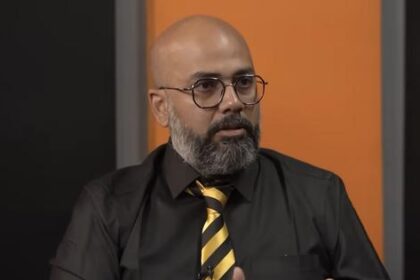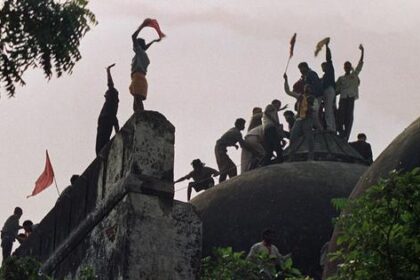New report reveals unequal commemoration practices for fallen soldiers of the British Empire.
This week, the Commonwealth War Graves Commission (CWGC) released a significant report titled ‘Remembering the Dead of the British Empire,’ which provides a thorough review of commemorative activities during and after World War II. The report highlights an uncomfortable reality: not all individuals who died for the Allied cause received equal recognition. Established to honor those who fought and died in the World Wars, the CWGC maintains graves and memorials at over 23,000 locations across more than 150 countries, including India, the United Kingdom, Canada, Australia, New Zealand, and South Africa.
The CWGC’s approach to this report reflects a commitment to transparency and accountability. It acknowledges the need to confront past realities and emphasizes the importance of ongoing efforts to rectify historical oversights. This report is part of a broader initiative launched in April 2021, aimed at investigating potential omissions in the commemoration of fallen soldiers from the former British Empire, particularly those from Africa, India, and the Middle East.
In the five years since this initiative began, the CWGC has made notable advancements. These include the dedication of a new memorial in Cape Town earlier this year, the identification of thousands of names of previously unrecorded war dead, and the implementation of educational and community engagement programs to raise awareness about this often-neglected aspect of shared history. The CWGC is dedicated to ensuring that all fallen soldiers are commemorated equally and that their stories and memories are preserved.
Extensive archival research conducted for the report revealed that while no specific groups were systematically excluded from commemoration after World War II, the Imperial War Graves Commission, functioning within the British Imperial framework, did not guarantee equitable outcomes for all soldiers. For instance, it was found that approximately 7,500 African servicemen were interred in temporary or battlefield graves instead of permanent cemeteries. This decision was influenced by advice from colonial authorities, who cited cultural and religious objections to exhumation, alongside the commission’s aim to limit the number of battlefield cemeteries to facilitate future care.
Moreover, up to 1,200 Muslim Indian soldiers remained in battlefield graves due to a ruling from the British Indian Army, which was based on contemporary religious protocols that prohibited exhumation. This ruling was later reversed in response to objections from the Imperial War Graves Commission. Additionally, at the request of the British Indian government, over 32,000 Indian army casualties were commemorated only on paper scrolls, rather than on stone or bronze memorials.
The investigation also uncovered a lack of engagement with the families of the deceased. Unlike bereaved families in other Commonwealth nations, many families from India and African colonies were not contacted, depriving them of the opportunity to confirm details about their loved ones or to provide personal inscriptions for headstones. The report indicates that records of civilians who perished due to enemy actions across the British Empire are largely incomplete, particularly in occupied nations or those that experienced intense conflict.
The CWGC has expressed its apologies for its role in the decisions that led to these disparities, acknowledging the disappointment felt by many families. The commission’s commitment to openness and transparency is commendable, as is its global program aimed at restoring burial sites, reinstating headstones, updating civilian rolls of honor, and enhancing educational outreach. These efforts are crucial for ensuring inclusive and transparent commemoration practices. The findings of this report urge reflection on the past and highlight the ongoing responsibility of the CWGC to honorably commemorate all who died serving their countries.








